
Choose bad passwords and reuse them often says Microsoft
Conventional security wisdom says that you should use complicated passwords which are impossible to remember and have a different one for each and every website that you visit.
However, a new paper published this month by Microsoft Research says we should go back to having a bad, easily remembered, password and using it on lots of sites. Okay, that's a bit of a simplification, but what the researchers are saying is that in order to be able to remember the difficult passwords for your bank, etc it's better to reuse simpler passwords on low-risk sites.
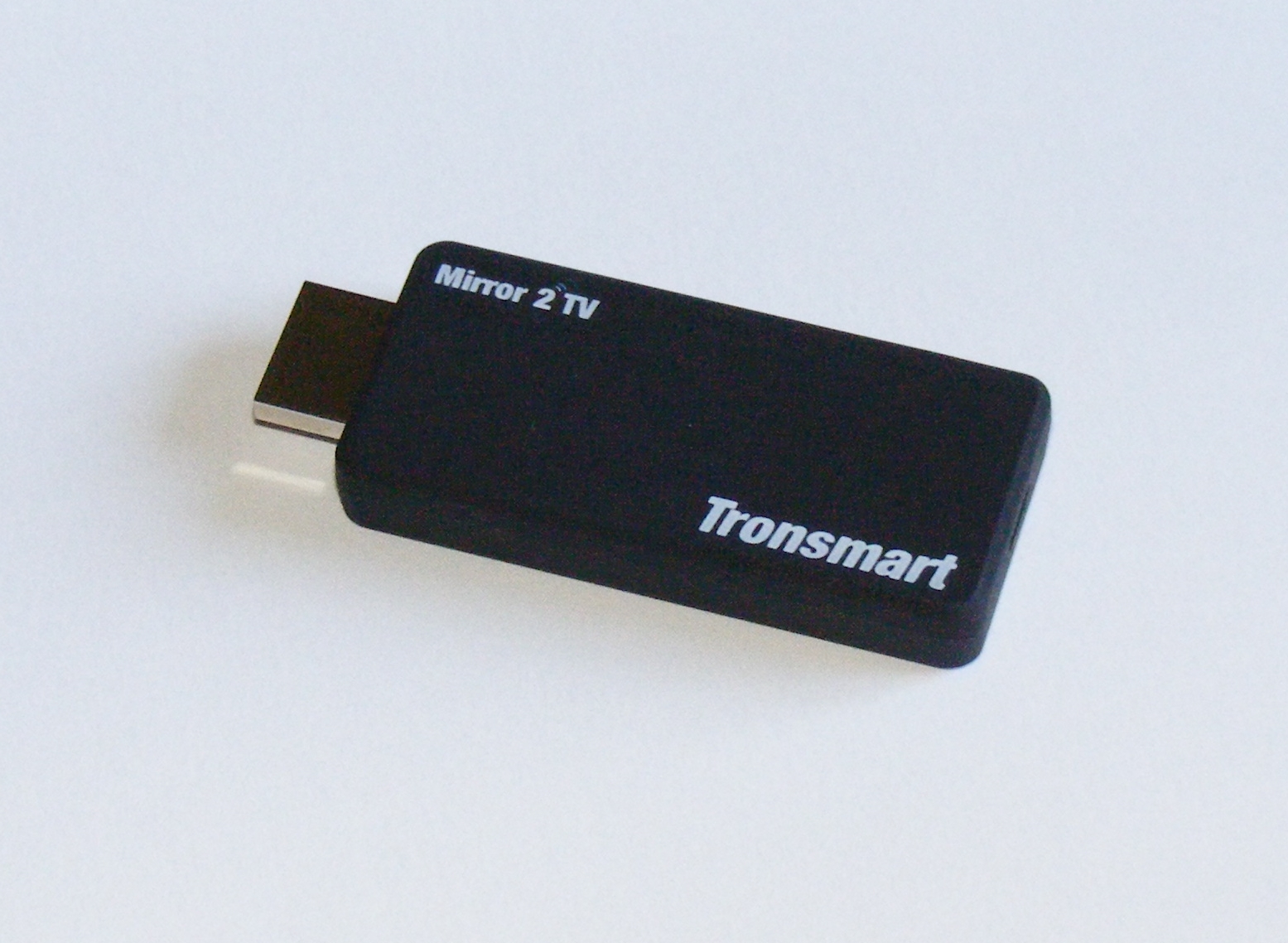
Tronsmart T1000 -- Media streaming on a budget [Review]
If you want to send images, videos or music to your TV from another device the obvious choice might seem to be Google's Chromecast. However it's not the only game in town, the Tronsmart may not be a name you've heard of but at $24.09 it's around $10 cheaper than Google's alternative, so is it worth considering?
First impressions are good, it's made of a nice smooth matt plastic and the design is tidy if unexciting. The unit plugs directly into the HDMI port of your TV or projector and it offers 1080P resolution, though can be switched to 720P for older TVs. The T1000 will work with Android (including Kindle Fire HDX), iOS or Windows devices, you just need to download the right software.
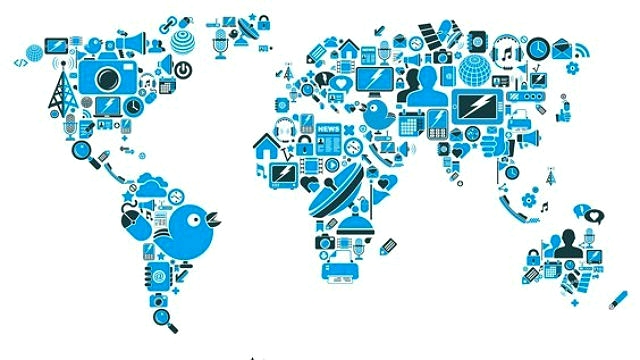
How to prepare a business for the Internet of Things
If you follow what's trending in technology, you will by now know that the Internet of Things (IoT) is expected to create new possibilities for connected technologies, along with IT resource churn, as companies struggle to securely connect a deluge of devices, sensors and objects to the corporate network. According to IDC, there will be more than 212 billion devices connected to the web by 2020, including over 30 billion connected autonomous things.
The IoT hype focuses on how Internet-connected cars, homes, offices, appliances and gadgets will transform how we work, play and live; sensors in water bottles, web-enabled tennis rackets and every kind of conceivable wearable will capture the spotlight.
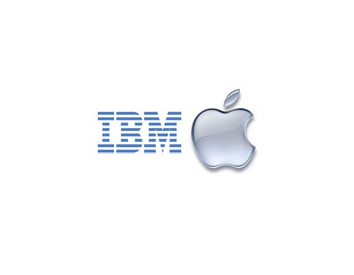
IBM and Apple -- Just not that big a deal
Given that I used to work for Apple and have lately been quite critical of IBM, readers are wondering what I think of Tuesday’s announcement of an iOS partnership of sorts between Apple and IBM. I think it makes good sense for both companies but isn’t a slam dunk for either.
There are three aspects to this deal -- hardware, apps, and cloud services. For Apple the deal presents primarily a new distribution channel for iPhones and iPads. Apple can always use new channels, especially if they hold inventory and support customers who aren’t price-sensitive. Apple’s primary goal is to simply get more devices inside Big Business and this is a good way to do that.
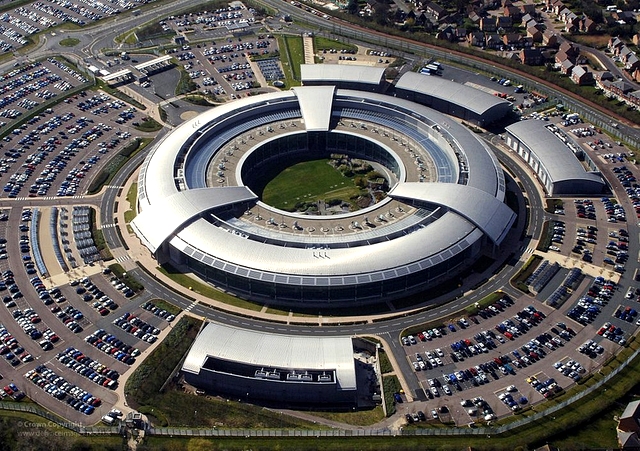
Miniature Hero, Underpass, Badger, Rolling Thunder and Angry Pirate -- just some of GCHQ's secret spy programs
The hacking and spying techniques of the UK's Government Communications headquarters (GCHQ) have been exposed in the latest leak by Edward Snowden. The wide-ranging techniques include invasive methods for online surveillance, as well as some of the very techniques that the US and UK have harshly prosecuted young online activists for employing, including distributed denial of service (DDoS) attacks and "call bombing".
The document is set out in a massive Wikipedia-style archive used by GCHQ to internally discuss its surveillance and online deception activities.

Apple and IBM form unholy union -- Tim Cook shows weakness
For years, Steve Jobs fought the good fight against IBM and IBM compatibles. Heck, Apple was the anti-IBM. Sure, the fruit-logo company was out to make money, but not at any cost -- products and perception mattered. To many Apple enthusiasts, IBM was looked at as a dinosaur. Ultimately, IBM failed as a personal computer company, but thrives today offering services. The once mighty ThinkPad line is now property of the Chinese, by way of Lenovo. Apple stands strong in America.
Boy oh boy, Jobs must be spinning in his grave. Today, Apple and IBM join forces to strengthen iOS for the enterprise. Make no mistake, this is not Apple throwing IBM a bone. No, IBM is the stronger enterprise brand lending legitimacy to the iPhone and iPad for business. Big Blue is hired muscle for Apple.

Vimeo takes on FCC's proposed net neutrality legislation
The FCC is currently taking public comments on it proposed changes to net neutrality. The law, if passed, would create a two-tier system where ISPs would be able to charge a premium to certain companies, such as Netflix or YouTube, in order to prioritize traffic. Those who do not pay, or startups that simply can not afford to, would face the possibility of being slowed down.
Many tech companies have, not surprisingly, spoken out against this possible change in legislation. The latest is video streaming service Vimeo -- a company that would likely be affected by the new law.
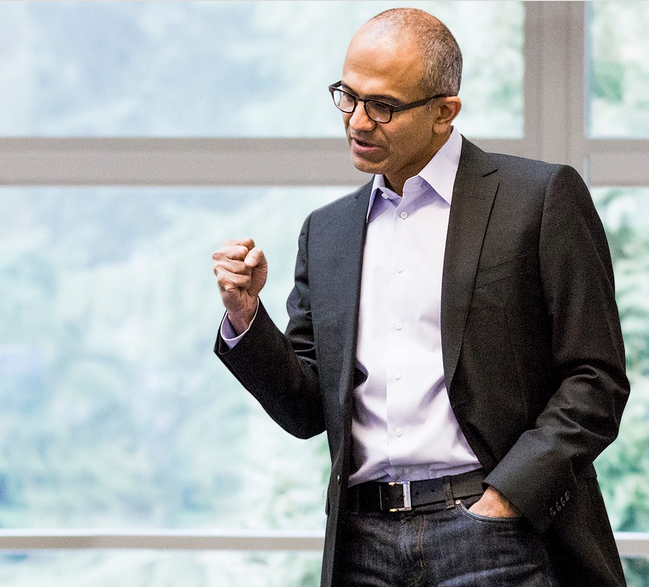
The coming Microsoft cultural revolution
Last week Microsoft CEO Satya Nadella took another step in redefining his company for the post-Gates/Ballmer era, sending a 3100-word positioning memo to every Microsoft employee and to the world in general. I found it a fascinating document for many reasons, some of them even intended by Nadella, who still has quite a ways to go to legitimately turn Microsoft in the right direction.
We’re seeing a lot of this -- companies trying to talk their way into continued technology leadership. Well talk is cheap, and sometimes that’s the major point: it can be far easier to temporarily move customers and markets through the art of the press release than by actually embracing or -- better yet -- coming up with new ideas. We’re at that point to some extent with this Nadella message, which shows potential but no real substance. But I think this was not written for customers so much as for the very employees it is addressed to.

Google announces Project Zero, aims to protect users from attack
Not many days pass without security being in the news in some form or another. Most of that news isn't good either. Services being attacked through vectors like DDoS, gaping holes in software that many people use everyday -- hello, Adobe and Java.
Now Google is taking its own steps to try and protect users. The company has already implemented SSL for many of its services, but the latest push is against zero-day vulnerabilities.

Surface Pro 3 users -- Microsoft will fix your Wi-Fi woes tomorrow (maybe)
The Surface Pro 3 is quite possibly my favorite computer of all time. This is quite the amazing declaration, as I have used many. Besides its usability and high-end power, it is an awe-inspiring example of engineering. The fact that Microsoft has crammed all of that high-end tech into such a svelte chassis is nothing short of amazing.
As great as the hardware is, all is not roses. Unfortunately, there has been a plague of Wi-Fi bugs to impact users. Bugs can be commonplace on new hardware, so this is not a massive scandal by any means. However, it is disappointing to the Microsoft-faithful who invested big money to get their hands on the unique hybrid computer. Problems with an internet connection is one of the most maddening, hair-pulling issues that there is. Luckily, the disappointment will be short lived -- the company will be fixing it tomorrow -- for some users at least.
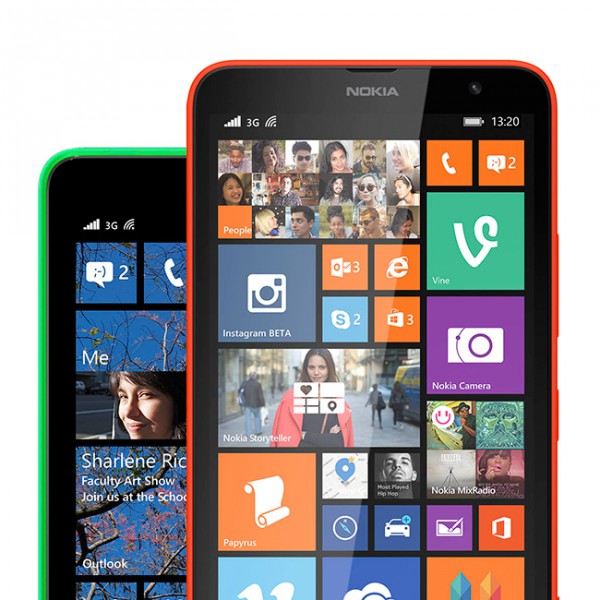
Nokia Lumia Cyan firmware upgrade finally rolls out
Today, Microsoft announces that the highly-anticipated Nokia Lumia Cyan firmware upgrade, that comes with Windows Phone 8.1 in tow, is now finally rolling out across the globe for the existing Nokia-branded Windows Phone 8 lineup.
Windows Phone 8.1 will officially arrive on all Lumia Windows Phone 8 devices "in the coming weeks", according to Microsoft. Previously, Lumia users had to join the Preview for Developers program -- which offers early access to new Windows Phone releases, including betas -- in order to get the latest version of the tiled operating system on their Windows Phone 8 devices. Here is what Nokia Lumia Cyan offers.

The PC: A companion device for your smartphone
New in stores: It’s the "Personal Computer" -- the ultimate companion device for your smartphone or phablet!
Ever wished your mobile device had a larger screen? Or that there was a better way to input long documents than tapping tiny little virtual keys on a slab of glass (or sapphire)? Well, then you’re a perfect candidate for PC ownership.

How to unlock the bootloader on your Sony Xperia
Unlocking the bootloader is not a task most Android users may want or need to undertake, as it comes with its fair share of risks, but it is paramount for those who want to install a different distribution, load a faster kernel, use a third-party recovery and so on. I personally prefer to turn off all the nannies on every Android device I own, as it makes way for quick modifications.
While not all manufacturers allow users to unlock the bootloader on their devices, there are a couple of vendors which believe this should be possible, and straightforward. Among them is Sony, known for its modder-friendly attitude, which has just improved its dedicated online tool for Xperia smartphones and tablets. And here is how easy it is to use.

Tellwise improves customer engagement with smart messages
Effective sales campaigns are all about personalizing the message so that it's relevant to the customer. But generating this content can be time consuming.
Sales communication specialist Tellwise is launching a new Smart Message feature that helps sales professionals to more effectively communicate in a multi-channel and multi-device world.

gPlus: A Google+ client for Windows Phone you can enjoy using
Windows Phone developers should be commended for the great job they are doing with third-party apps, which are, sometimes, even superior to the real deal. But, while they cover quite a few popular services, like Dropbox, Gmail or YouTube, I have yet to come across a competent client for Google+. For some reason, all Windows Phone apps I have tried either did not work as advertised or were acting as a wrapper for the mobile site.
As a result I have stopped trying to use Google+ altogether on Windows Phone, switching over to my laptop or tablet whenever I want to reach followers on the social network. But, thanks to G.T.F.O. Productions and its gPlus app, that might change.



